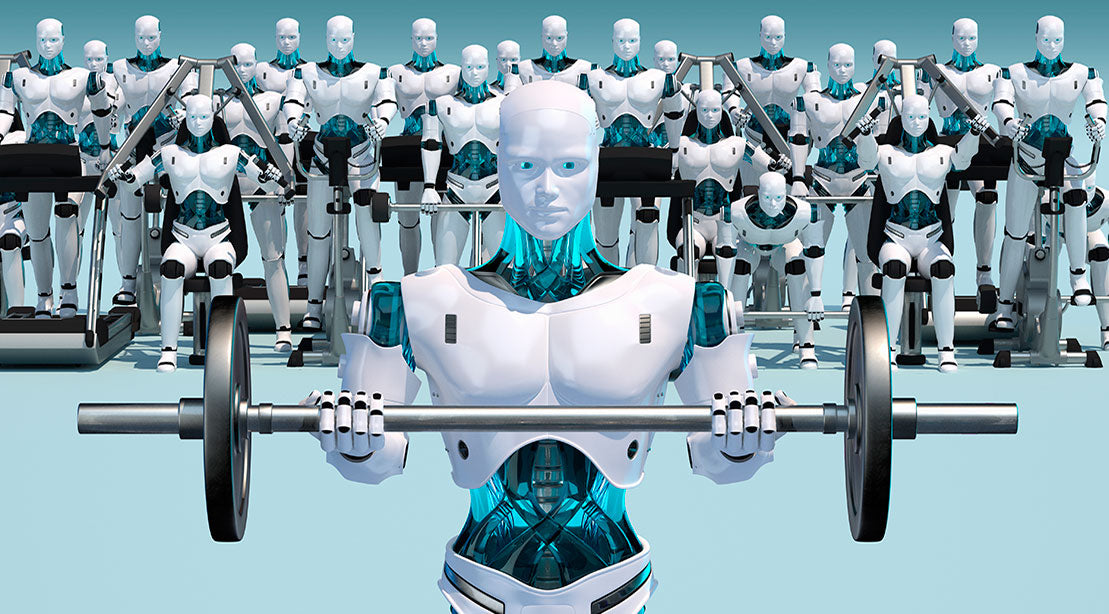The health and wellness industry has always been at the forefront of adopting new technologies to improve human well-being. With the rapid advancements in Artificial Intelligence (AI), there's a burgeoning interest in how this technology can be harnessed to foster better health outcomes, optimize wellness routines, and even innovate in the realm of dietary supplements. Here's a deep dive into the transformative potential of AI in the health and wellness sector.
1. Personalized Health Recommendations
One of the most significant advantages of AI is its ability to process vast amounts of data quickly and draw meaningful insights from it. By analyzing an individual's genetic makeup, lifestyle, diet, and other health metrics, AI can provide highly personalized health and wellness recommendations. This ensures that the advice is tailored to the individual's unique needs, rather than a one-size-fits-all approach.
2. Predictive Health Analysis
AI can predict potential health issues even before they manifest. By analyzing patterns and trends in an individual's health data, AI can alert them to potential future problems, allowing for preventive measures to be taken. This not only improves the quality of life but can also lead to significant cost savings in healthcare.
3. Optimizing Dietary Supplements
The dietary supplement market is vast, with countless products claiming various health benefits. AI can play a pivotal role in this sector by analyzing the efficacy of different ingredients, understanding their interactions, and even predicting how they might benefit or harm an individual based on their unique genetic makeup.
4. Developing New Formulas for Cognitive and Physical Health
One of the most exciting prospects of AI in the wellness industry is its potential to aid in the development of new supplement formulas. By analyzing vast datasets from clinical trials, genetic information, and patient feedback, AI can identify potential new combinations of ingredients that could benefit cognitive and physical health.
For instance, if a particular combination of nutrients is found to have a synergistic effect on cognitive function in a specific demographic, AI can help pinpoint this relationship faster than traditional research methods.
5. Enhancing Mental Well-being
Mental health is an integral part of overall wellness. AI-driven apps and platforms can provide real-time feedback and interventions based on an individual's mood, stress levels, and other psychological indicators. This can be particularly beneficial for those who might not have immediate access to a therapist or counselor.
6. Streamlining Administrative Tasks
While not directly related to health outcomes, the administrative efficiency brought about by AI can indirectly benefit the wellness industry. By automating tasks such as appointment scheduling, patient data management, and billing, healthcare providers can focus more on patient care.
The fusion of AI technology with the health and wellness industry promises a future where care is more personalized, proactive, and efficient. As AI continues to evolve, we can expect even more groundbreaking innovations that will redefine our approach to health and well-being. Whether it's developing new supplement formulas or predicting health issues before they arise, the potential of AI in this sector is boundless.


